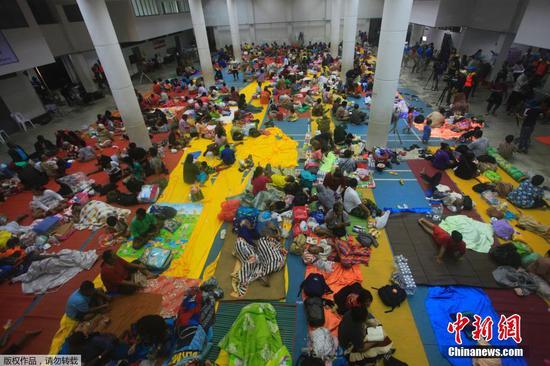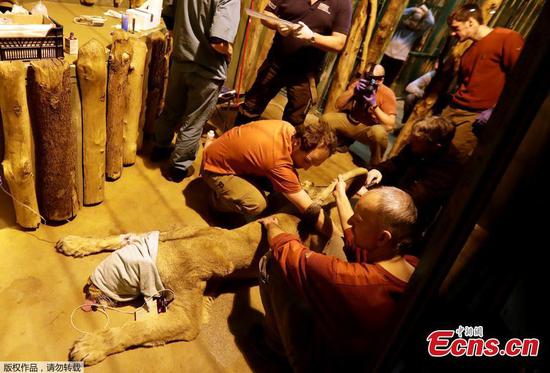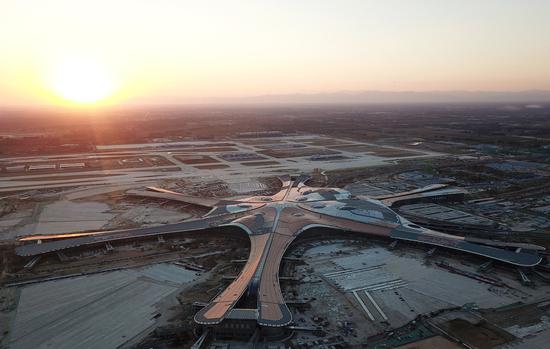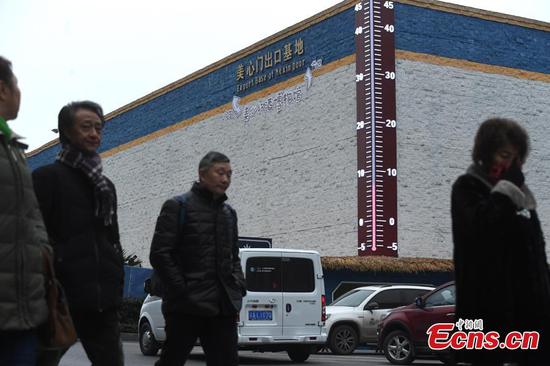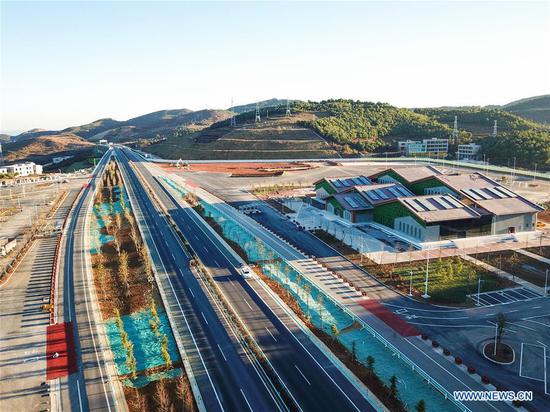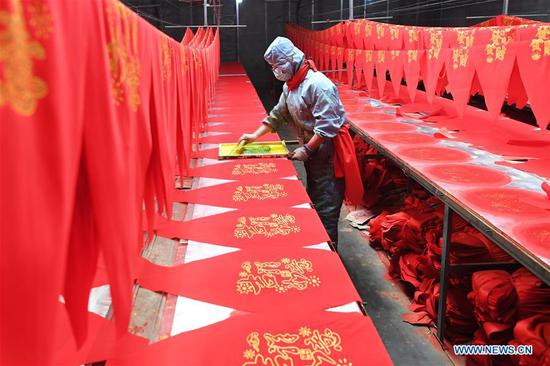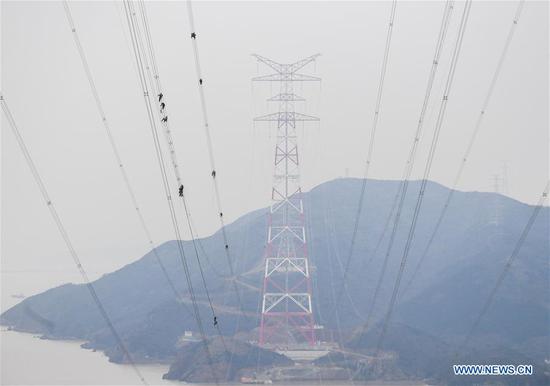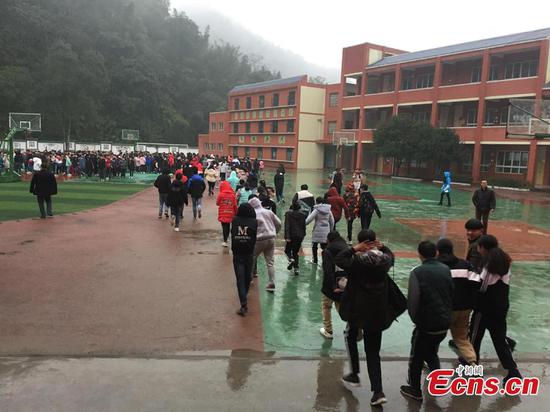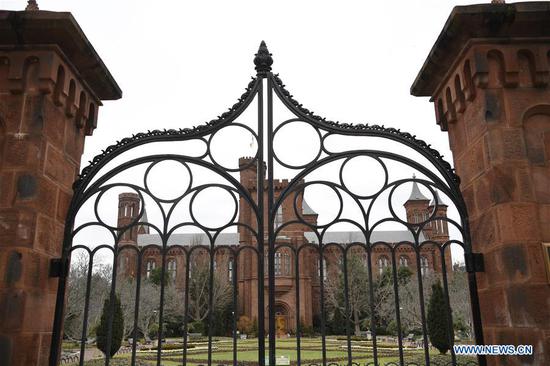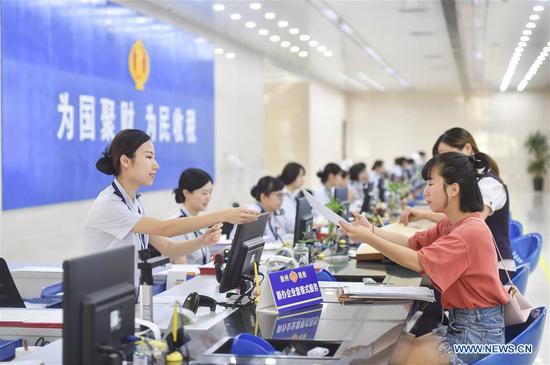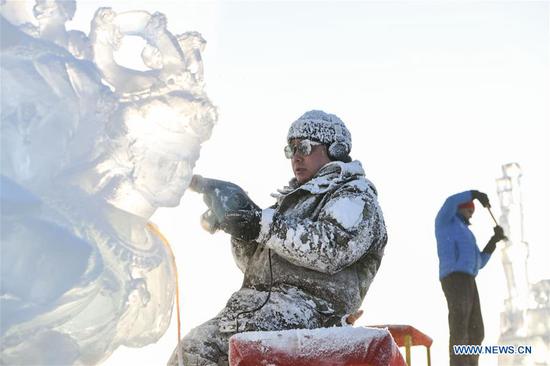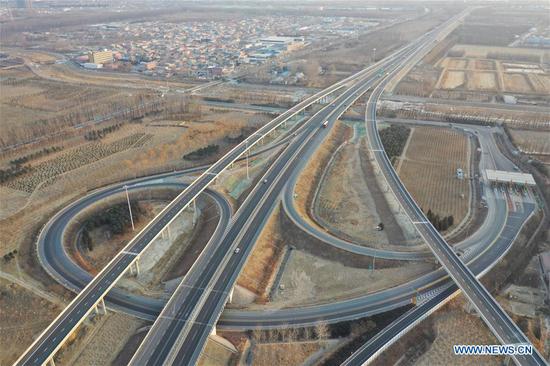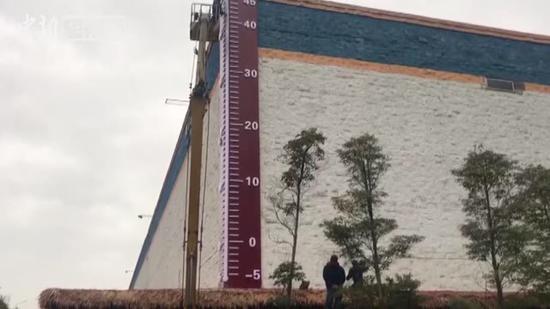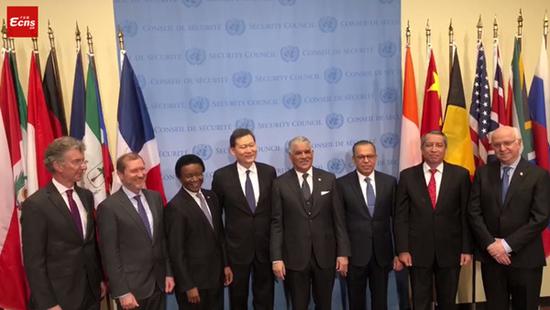China is expanding a pilot practice nationwide that requires administrative law enforcement officers, such as police and urban patrol officers, to record and archive their enforcement activities to be more transparent.
Audio and video recordings should be used in all enforcement actions involving personal freedom, life, health and major property rights, including property confiscation or demolition, according to a guideline made public on Thursday by the State Council, China's Cabinet.
For actions that are prone to controversy, such as on-site investigations and evidence collection, audio and video recording should be used, and all records should be archived and documented, the guideline said.
Liu Zhenyu, vice-minister of justice, said on Friday that recording the law enforcement process is fundamental in protecting people's rights, improving government's credibility and creating a more transparent and standardized rule of law.
"Administrative law enforcement officers have the closest interactions with members of the public," he said. "Any negligence or misconduct during law enforcement will seriously damage the image of the government, harm people's interests and hinder the goal of building a government under the rule of law."
The guideline instructs authorities to record and archive every step of the law enforcement process in the forms of text, audio or video, to ensure that everything is traceable from case initiation to investigation and decision-making.
It also urges authorities to make information public in a timely manner and to conduct legal reviews of major administrative law enforcement decisions to ensure they are in line with laws and regulations.
Liu acknowledged that problems of negligence, misconduct, violence and forced confessions still occur during law enforcement work, and several past cases have aroused wide public concerns.
To address those, the State Council launched a pilot program in January 2017 to use recordings in 32 cities. Results show promise in reducing illegal conduct and encouraging strict, regulated, fair and civilized law enforcement, according to the Ministry of Justice.
The pilot program is now being extended with the release of the national guideline, and all local governments must come up with specific implementation plans before the end of March, said Zhao Zhenhua, director of government legislation coordination for the ministry.
The ministry will closely oversee the implementation process, and those who fail to lay out clear responsibilities and show results as required will be held accountable, Zhao said.
China has stepped up its efforts to update law enforcement procedures in recent years, particularly after the controversial case of Beijing resident Lei Yang, who died in custody in May 2016 at the age of 29.
The police statement said Lei, who was suspected of soliciting prostitution, refused to cooperate and was handcuffed after attempting to escape. He appeared unwell in the police car and was taken to the hospital, it said. An autopsy by a third-party, released by Beijing's top prosecutor, found that he had choked to death on his own gastric fluids.
The lack of video recordings of the law enforcement process in the case was a factor in triggering public suspicions over how Lei had died. Prosecutors later found that two police officers and three assistants involved had engaged in abusive behavior when apprehending Lei. One officer was fired and the four other people were removed from their posts for misconduct.










